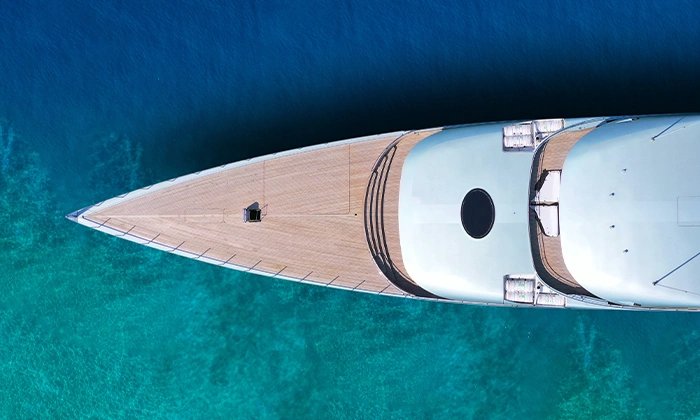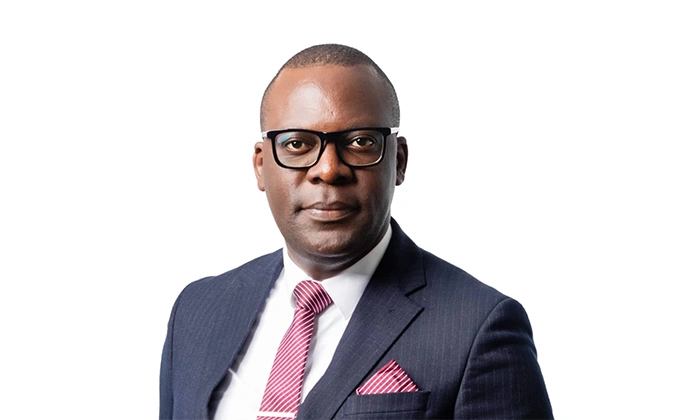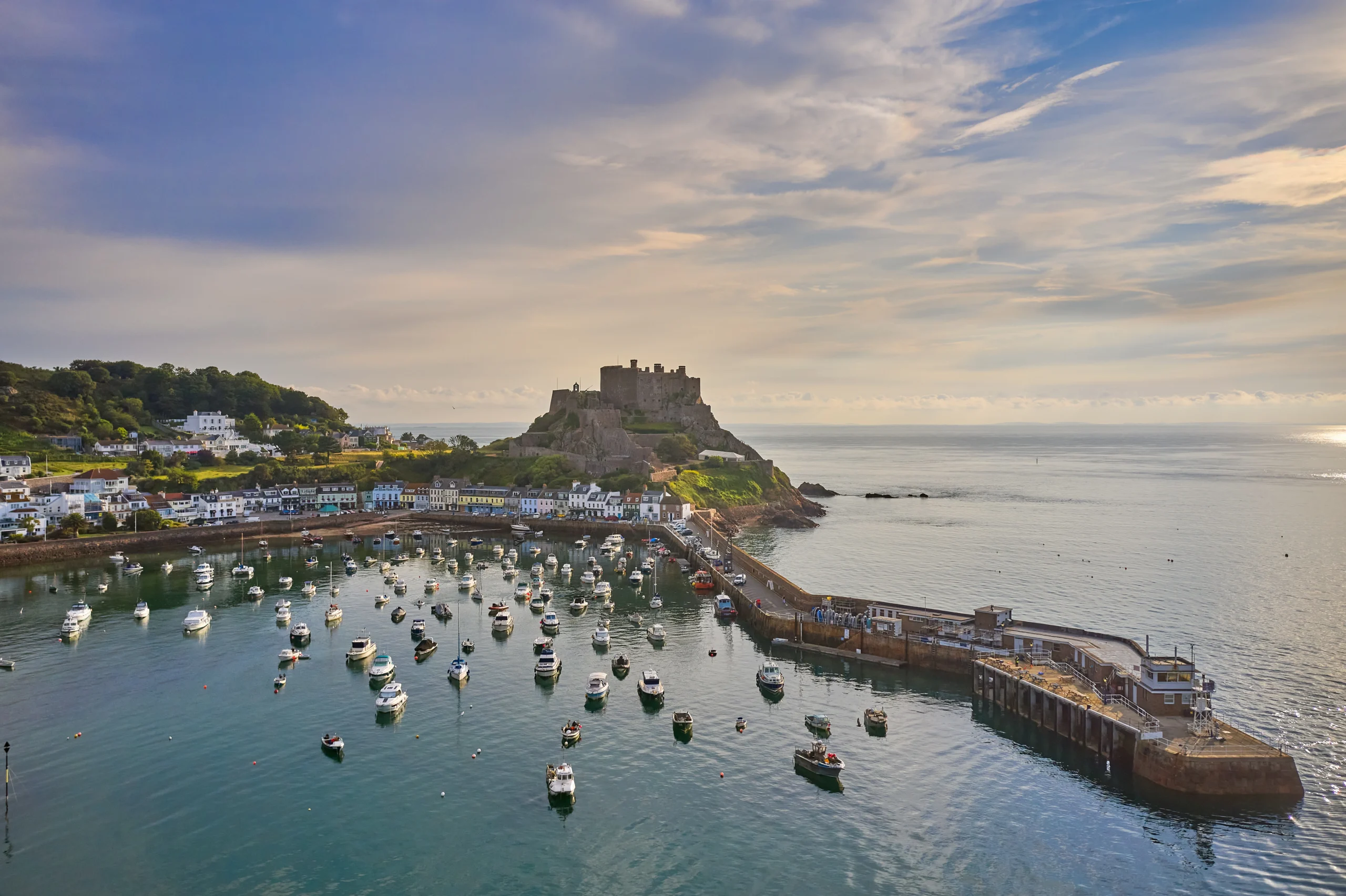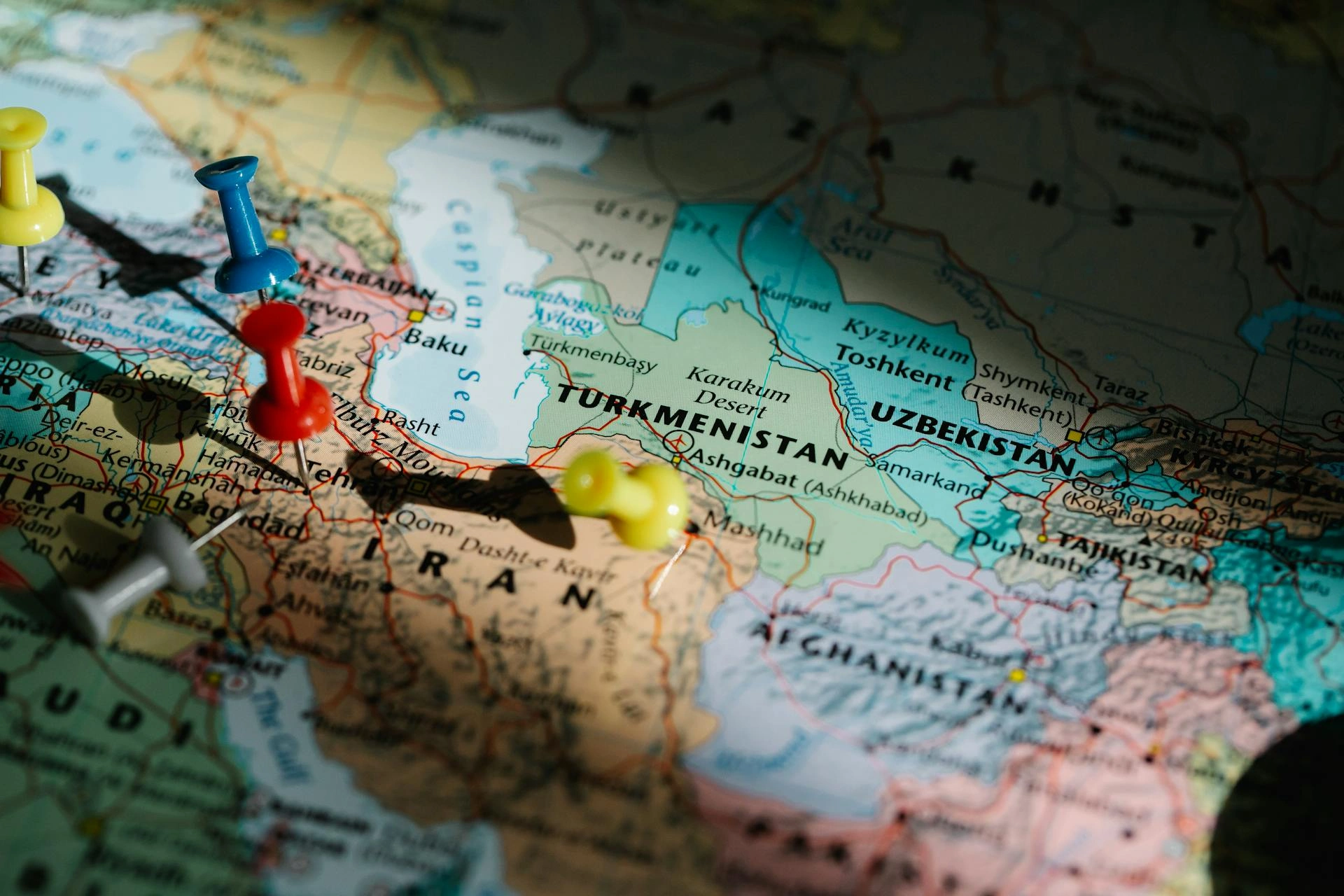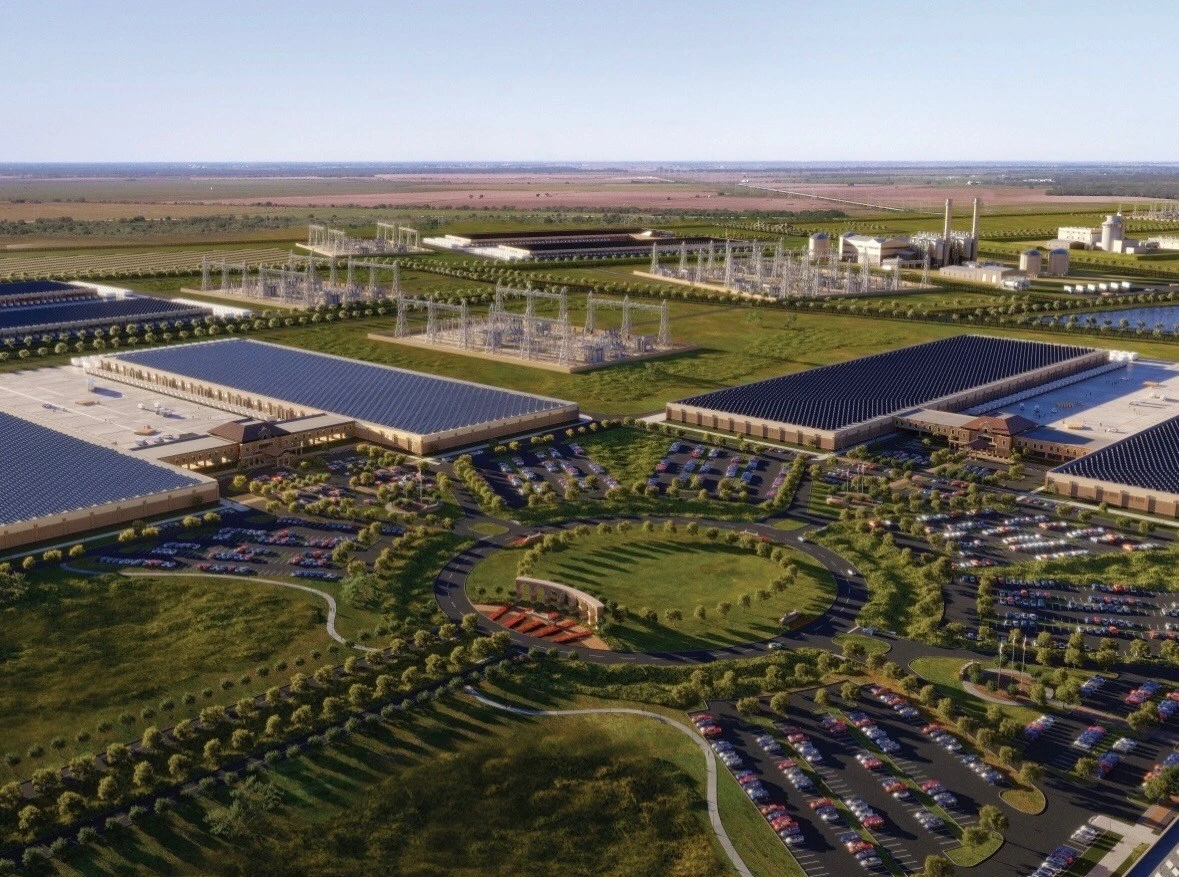Can Europe adapt to a new multipolarity?

John E. Kaye
- Published
- Banking & Finance, Home

Benjamin Martill of LSE IDEAS assesses a shifting geopolitical landscape and asks whether Europe has figured out exactly what role it should play

The EU’s 2016 “Global Strategy” speaks of a more “fragile world”. It is both apt and faintly euphemistic. In recent years the EU has found itself in a world far more dangerous than it is comfortable with. The transatlantic crutch on which the Union’s security has rested since 1945 is fraying at the seams as successive US Presidents have shifted their focus to Asia. This began under the Obama administration but has continued under Trump, and the latter has shown scant regard for Europe in his foreign policy in everything from NATO to Iran, the Paris climate change agreement, and transatlantic trade.
Meanwhile the West as a whole appears to be in decline as non-Western (and in some cases non-democratic) powers, such as China and the other so-called BRIC nations, now vie for an increased global role. Early expectations that China’s rise would be accompanied by democratisation have proven unfounded. Internally the rise of populism has riven Western societies and undermined the political consensus on which the foreign and security policies of these countries has hitherto rested.
Closer to home the European “neighbourhood” is afflicted by pockets of profound instability. Civil wars fester in Syria and Libya, the consequence of government-backed resistance to Arab Spring-inspired reform efforts, although the two conflicts panned out very differently. On Europe’s Eastern flank the so-called Russian “resurgence” is felt most acutely, with ongoing conflict in the Ukraine’s Donbass region and the annexation of the Crimea. Russia is also an active player in the Syrian and Libyan conflicts, which have turned into proxy wars between regional powers.
One way of conceiving of these inter-linked challenges, and their root cause, is the rise of a more plural multipolar international order in which Western values no-longer predominate, characterised by the gradual shifting of power away from the US and towards a new set of aspiring global actors. The onset of multipolarity raises difficult questions for the Europeans, since it necessarily takes them out of their comfort zone. The new order looks to be more complex, more uncertain, and potentially more dangerous. Yet Europe is not geared up for danger. It has nestled under the protection of the American security umbrella since the 1940s, and the EU, its principal institutional expression, is specifically designed for a post-modern world and has the value-set to match.
Europe’s security and defence problem
Europe’s security and defence capabilities, and its latent economic and demographic power, is significant when combined. European nations count at least three middle powers among them, and two nuclear states. NATO is the most successful alliance in world history and a formidable fighting force, and the EU is a global economic and regulatory powerhouse. So where is the problem?
Actually, there are three problems, broadly speaking, and they are each significant. First, Europe’s strategic clout is highly disaggregated, even within the EU. Countries may spend considerable amounts on defence, but they do not necessarily spend these amounts together, foregoing considerable savings through economies of scale as a result. Nor is defence spending sufficiently coordinated to prevent duplication of resources and capabilities, since each national military, understandably, needs to be able to operate fully independently.
Deployment is rendered more difficult by problems with the interoperability of separate hardware, whilst opportunities for collective use and deployment of resources are often squandered. While the EU allows for the collective expression of foreign policy preferences and for collective deployment, the institutional framework remains fundamentally lowest-common-denominator, meaning the barrier for action is set unfeasibly high for all but the easiest and least contentious deployments.
Second, Europe is not used to thinking strategically. The dominant conception of the EU’s foreign policy identity, for instance, is of a “civilian” power which not only acts in a manner that transcends the use of force but also seeks to promote a series of liberal goals internationally. In some pockets of the EU, such as Germany, these values run so deep as to prevent a more active role in regional security and defence. However, across European countries as a whole it is not difficult to argue that strategic thinking is on the wane. There is virtually no discussion in many national capitals about the difficult choices the continent is facing. Europeans have perhaps become too used to the post-Cold War world.
One of the reasons these conversations are difficult is that they highlight divergence between European countries. France, for example, is less worried about the rise of China than the United Kingdom; the EU’s Eastern flank are more concerned about Russian aggression than about insecurity in North Africa; Germany is keener on the use of EU structures than France, and so on. Thinking strategically, together, is a big challenge.
And then there’s Brexit. And what it highlights – the broader problem of institutional overlap and the vexed question of how non-members interact with EU security and defence initiatives. The pre-eminence of NATO in European security has historically occluded the problem of non-membership. But the fraying of transatlantic ties in recent years and the real push for an independent European voice in global affairs (“strategic autonomy”, in Brussels speak) brings the problem to the surface once more.
And Brexit has certainly made things more complicated. With British withdrawal, the EU finds one of its most significant security and defence actors outside the tent. Brexit has spurred considerable effort among the EU27 to further institutionalise EU security and defence cooperation, with a host of recent (and significant) efforts, but it has also made coordination with the UK far more difficult and precipitated efforts to devise workable non-EU structures for security and defence collaboration.
Towards a European “pole”?
Significant headway has been made in recent years towards developing a more robust EU security and defence capacity, but many of the fundamental problems remain unsolved. Europeans need to learn to do more together. And they need to be able to speak with a combined foreign policy voice and be able to back this up with the potential of collective military action. This will require greater efforts towards joint procurement, interoperability, coordination and the development of institutions which can facilitate this.
Europe also needs to engage with the big strategic decisions of the day. Is Europe’s principal role to buttress the American-led international order? Or is its preferred role that of a balancer between the US and rising powers? Does Europe want to be a global, geopolitical power, or is it aiming to be a global economic powerhouse and a regional security actor? These are the kind of questions which a “geopolitical Commission” in a fragile world should be asking itself.
All the while, complementarity between EU, European and Atlantic security and defence institutions needs to be maintained, at least in the medium-term, since the risk otherwise is of duplication and unnecessary complexity. This is especially necessary after Brexit. EU initiatives which exclude the UK may backfire by testing the allegiances of key EU member states (like France) and spurring the development of extra-EU structures to keep London on board.
If Europe is to capitalise on its collective strength and safeguard its values in a more diffuse and more dangerous world, it needs to find ways of reconciling national sovereignty with collective action and distinctive national cultures and preferences with a common approach that can defend shared European interests, as well as establishing institutional frameworks that can draw on the strength of all of Europe when necessary. Only then will we be able to speak of a European “pole” in the emerging multipolar order.
Further information
RECENT ARTICLES
-
 Managing cross-border risks in B2B e-commerce
Managing cross-border risks in B2B e-commerce -
 J.P. Morgan launches first tokenised money market fund on public blockchain
J.P. Morgan launches first tokenised money market fund on public blockchain -
 Aberdeen agrees to take over management of £1.5bn in closed-end funds from MFS
Aberdeen agrees to take over management of £1.5bn in closed-end funds from MFS -
 Enterprise asset management market forecast to more than double by 2035
Enterprise asset management market forecast to more than double by 2035 -
 EU Chamber records highest number of entries for 2025 China Sustainable Business Awards
EU Chamber records highest number of entries for 2025 China Sustainable Business Awards -
 Inside Liechtenstein’s strategy for a tighter, more demanding financial era
Inside Liechtenstein’s strategy for a tighter, more demanding financial era -
 ‘Stability, scale and strategy’: Christoph Reich on Liechtenstein’s evolving financial centre
‘Stability, scale and strategy’: Christoph Reich on Liechtenstein’s evolving financial centre -
 Bridging tradition and transformation: Brigitte Haas on leading Liechtenstein into a new era
Bridging tradition and transformation: Brigitte Haas on leading Liechtenstein into a new era -
 Liechtenstein in the Spotlight
Liechtenstein in the Spotlight -
 Fiduciary responsibility in the balance between stability and global dynamics
Fiduciary responsibility in the balance between stability and global dynamics -
 Neue Bank’s CEO on stability, discipline and long-term private banking
Neue Bank’s CEO on stability, discipline and long-term private banking -
 Research highlights rise of 'solopreneurs' as technology reshapes small business ownership
Research highlights rise of 'solopreneurs' as technology reshapes small business ownership -
 Philipp Kieber on legacy, leadership and continuity at Interadvice Anstalt
Philipp Kieber on legacy, leadership and continuity at Interadvice Anstalt -
 Building global-ready funds: how South African managers are scaling through offshore platforms
Building global-ready funds: how South African managers are scaling through offshore platforms -
 Global billionaire wealth hits record as relocation and inheritance accelerate, UBS finds
Global billionaire wealth hits record as relocation and inheritance accelerate, UBS finds -
 Human resources at the centre of organisational transformation
Human resources at the centre of organisational transformation -
 Liechtenstein lands AAA rating again as PM hails “exceptional stability”
Liechtenstein lands AAA rating again as PM hails “exceptional stability” -
 Lusaka Securities Exchange surges ahead on reform momentum
Lusaka Securities Exchange surges ahead on reform momentum -
 PROMEA leads with ESG, technology and trust in a changing Swiss market
PROMEA leads with ESG, technology and trust in a changing Swiss market -
 Why collective action matters for pensions and the planet
Why collective action matters for pensions and the planet -
 Structuring success with Moore Stephens Jersey
Structuring success with Moore Stephens Jersey -
 PIM Capital sets new standards in cross-jurisdiction fund solutions
PIM Capital sets new standards in cross-jurisdiction fund solutions -
 Innovation, advisory and growth: Banchile Inversiones in 2024
Innovation, advisory and growth: Banchile Inversiones in 2024 -
 Digitalization, financial inclusion, and a new era of banking services: Uzbekistan’s road to WTO membership
Digitalization, financial inclusion, and a new era of banking services: Uzbekistan’s road to WTO membership -
 Fermi America secures $350m in financing led by Macquarie Group
Fermi America secures $350m in financing led by Macquarie Group















